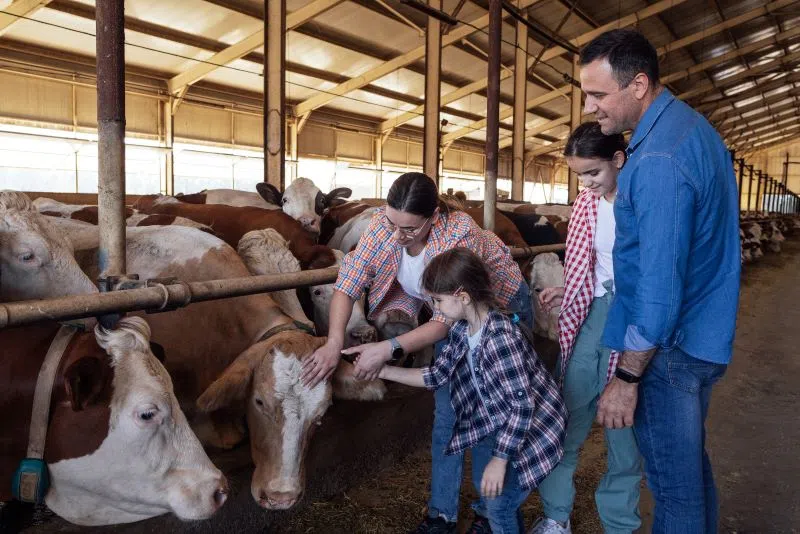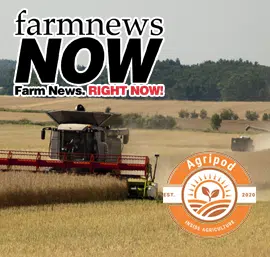Livestock farmers in Manitoba who may be suffering due to drought conditions are getting an olive branch from two levels of government.
In a press release, the governments of Manitoba and Canada announced they would be bringing in support measures to aid Manitoba’s livestock producers through the Manitoba Agricultural Services Corporation (MASC) and its AgriInsurance program. The goal is to improve cash flow needed to buy additional feed.
“Our livestock producers play a critical role in our food supply and our economy. We need to do everything we can to support them, especially in the face of these dry conditions,” said federal Agriculture and Agri-Food Minister Heath MacDonald. “These program changes will ensure producers in Manitoba receive claim payouts faster, so they can source other feed options as quickly as possible.”
According to the release, MASC will be applying a quality adjustment factor to reduce yield appraisals by 40 per cent for drought-stricken cereal crops (all varieties of wheat, oats, barley, fall rye, triticale and grain corn) that are converted to livestock feed. Changes for producers with AgriInsurance coverage on forage and pastures include deferred premium deductions on payments for forage insurance claims made prior to Oct. 1, partial claim payments on forage insurance and pasture days insurance claims, when feasible, and ability for livestock to graze on insured forages after the first cut without impact on claim calculation.
“We recognize that some of Manitoba’s livestock producers are facing challenging conditions with the lack of precipitation in certain regions of the province,” said Manitoba Agriculture Minister Ron Kostyshyn. “With pastures drying up and minimal sources of feed for livestock, it is important to give producers the resources they need to maintain their herds. These measures will help to improve cash flow for Manitoba’s livestock producers and provide additional options to access feed.”
The AgriInsurance program is a business risk management program for Manitoba farmers to protect against production shortfalls and quality losses caused by natural perils including both drought and excess moisture.










